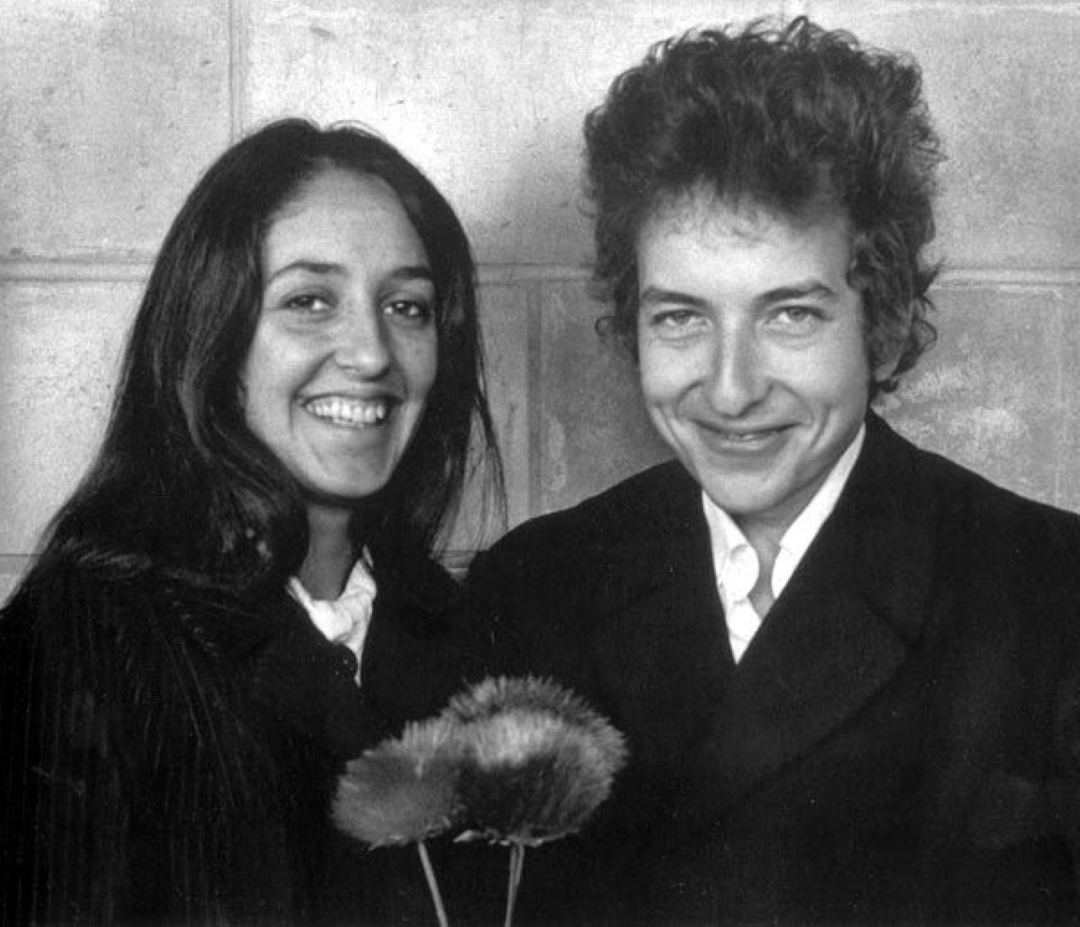
About the song
While “We Shall Overcome” wasn’t originally written by Joan Baez, her deeply moving rendition of the song during the Civil Rights Movement helped cement its status as an anthem for justice, unity, and peaceful resistance. The song’s origins trace back to a 19th-century hymn, later adapted by labor activists and finally popularized during the 1960s struggle for racial equality in the United States.
Joan Baez, known for her pure soprano voice and unwavering activism, sang “We Shall Overcome” at numerous rallies, marches, and protests — including the 1963 March on Washington, where Martin Luther King Jr. delivered his “I Have a Dream” speech. Her performance wasn’t just musical; it was a call to conscience, embodying the spirit of nonviolent resistance and hope in the face of injustice.
The sound and delivery:
Joan Baez’s version of “We Shall Overcome” is stripped down, reverent, and deeply human. Accompanied often by a simple acoustic guitar or a cappella, she allows the power of the lyrics and emotion to shine through.
Key characteristics of her rendition:
-
Clear, soaring vocals that carry a tone of quiet strength and sincerity
-
Slow, deliberate pacing, emphasizing reflection and resolve
-
A focus on communal singing, inviting the audience to join in — turning the song into a shared act of solidarity
Baez doesn’t dramatize the song; instead, she lets its quiet power resonate. Her voice, at once angelic and grounded, adds a personal dimension to a song meant for many.
Lyrical message and significance:
“We shall overcome, we shall overcome,
We shall overcome someday…”
The song’s lyrics are simple, repetitive, and universal. Each line is a mantra, a vow, a declaration of resilience. Joan Baez’s performances often included additional verses like:
“We’ll walk hand in hand…”
“We shall all be free…”
“We are not afraid…”
These variations reflect the evolving struggles of the movement, while the consistent refrain — “We shall overcome” — remains the emotional and spiritual anchor.
Baez used this song to:
-
Amplify the voice of the oppressed
-
Promote nonviolent resistance and hope
-
Reinforce the idea of unity across race, class, and background
Legacy and impact:
Joan Baez’s association with “We Shall Overcome” made her one of the defining musical voices of the Civil Rights era. Her version didn’t just reach concert halls — it echoed through streets, churches, and protest lines.
The song:
-
Became the unofficial anthem of the Civil Rights Movement
-
Was sung by marchers in Selma and Montgomery
-
Remains a touchstone for movements worldwide seeking justice and equality
-
Is recognized today as a symbol of peaceful protest and collective strength
Joan Baez’s performance, in particular, brought global attention to the song, helping spread its message beyond the U.S.
Final thoughts:
Joan Baez’s “We Shall Overcome” is more than a performance — it’s a testament to music’s power to uplift, unify, and inspire. In her voice, the song becomes a prayer and a promise, carrying the hope of millions striving for a better world.
With nothing more than her guitar and voice, Baez stood beside those demanding justice — and through this timeless anthem, she gave them a melody to march to, a chorus to cling to, and a reminder that change is possible when people stand together.
Video
Lyrics
“We Shall Overcome”
We shall overcome,
We shall overcome,
We shall overcome, some day.Oh, deep in my heart,
I do believe
We shall overcome, some day.We’ll walk hand in hand,
We’ll walk hand in hand,
We’ll walk hand in hand, some day.Oh, deep in my heart,
We shall live in peace,
We shall live in peace,
We shall live in peace, some day.Oh, deep in my heart,
We shall all be free,
We shall all be free,
We shall all be free, some day.Oh, deep in my heart,
We are not afraid,
We are not afraid,
We are not afraid, TODAYOh, deep in my heart,
We shall overcome,
We shall overcome,
We shall overcome, some day.Oh, deep in my heart,
I do believe
We shall overcome, some day.